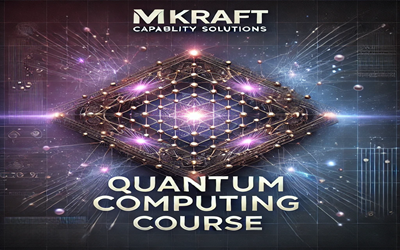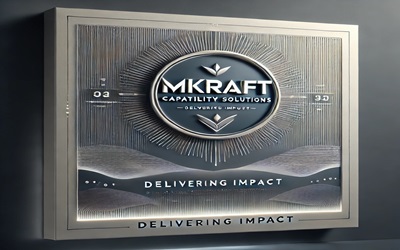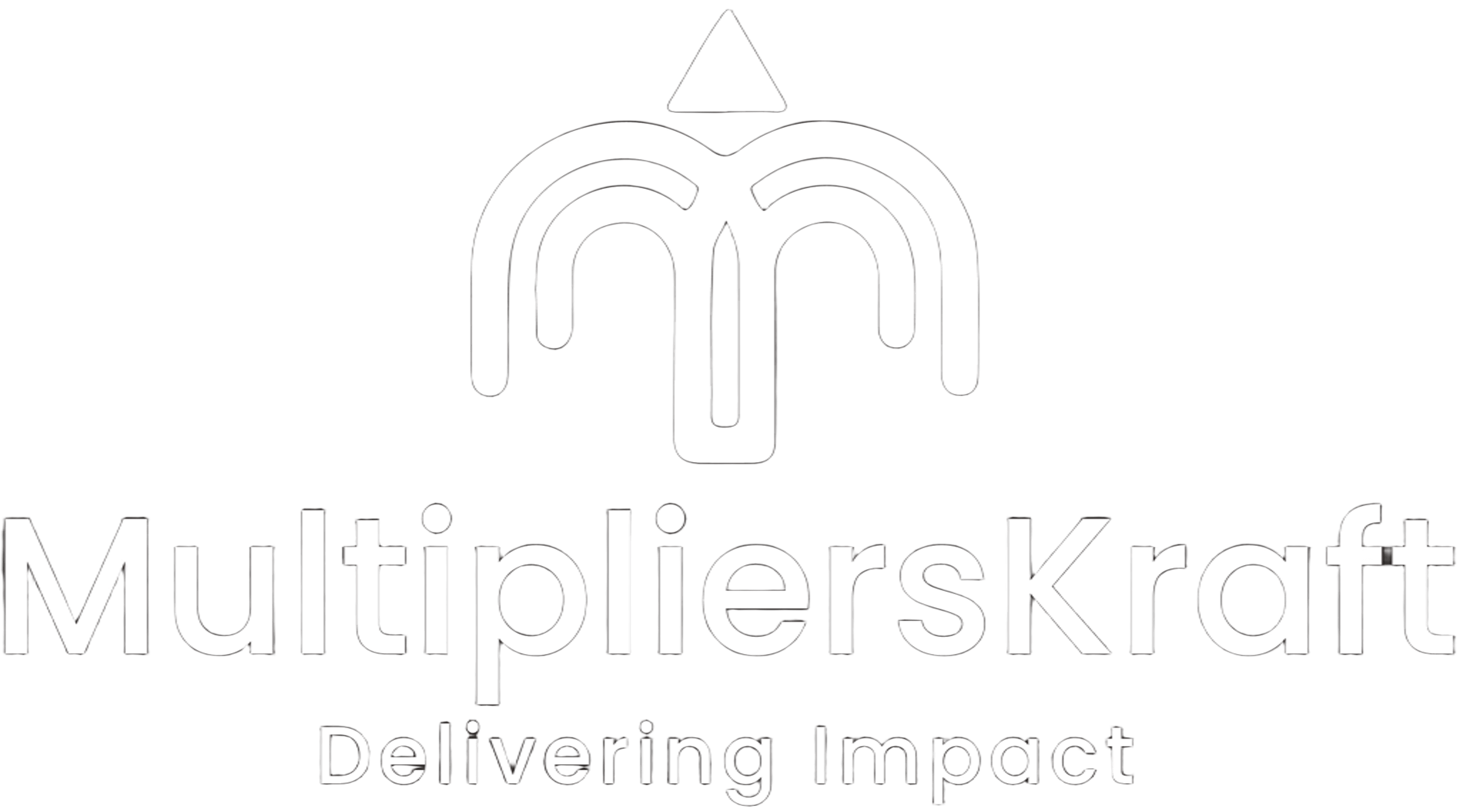Dhanraj Dadhich, also known as #TheAlgoMan, is a Quantum Architect who explores Vedic Algorithm and has a wealth of experience as a CTO, investor, and speaker. With over 25+ years of experience in the technology industry, he has designed, developed, and implemented solutions in a variety of domains, including Banking, Finance, Security, Mortgage, Payment Gateway, and e-commerce.
Dhanraj has a strong programming background and is proficient in Java/JEE, C, C++, Solidity, Rust, Substrate, and Python. He has worked with cutting-edge technologies in domains like Blockchain, Quantum Computing, Big Data, AI/ML, IoT, CeFi, DeFi, Amazon & Google Cloud, and has successfully stabilized multiple multi-million dollar portfolio companies.One of Dhanraj's major achievements is the design and implementation of the world’s first sustainable layer 1 blockchain ecosystem, which has economic and environmental sustainability at its core. He builds solutions that include NFT, Metaverse, DAO, wallet, and decentralized exchange along with 3 Layer 1 blockchain, which is designed for individuals and enterprise users alike. He engages in discussions with investors and communities to explain and convey the architecture to build confidence in the 5irechain solution.Dhanraj's expertise extends to a wide range of domains, including BFSI, Mortgage, Loan, eCommerce, Retail, Supply Chain, Cyber Security, eLearning, IAMt, Healthcare, Sports, Media & Entertainment. He is proficient in working with databases like Oracle, Hadoop, MongoDB, Cassandra, SQL Server, Netezza, Sybase, and Teradata, and has knowledge of Internet Standards like XML/SOAP, HTTP, SMTP, HTTP/SSL, Web 2.0, Web 3.0 (Metaverse, Smart Contracts, IoT).He has expertise in programming languages like C, C++, Java/JEE, Golang, AngularJS, ExtJS, NodeJS, Python, QuBit, PyQuil, QCL, QPL, Rust, Solidity, and has worked on Blockchain technologies like Bitcoin, Ethereum (Crypto & NFT), Substrate, and Polkadot. He is also well-versed in Big Data tools like Cloudera, AWS, Azure, Puppet, Spark, Storm, JSON, Kafka, Pig, Hive, Hbase, Sqoop, and YARN, as well as ETL tools like SSIS, AWS Glue, Kinesis, Informatica PowerCenter/Exchange, DataStage, and Ab Initio. He is familiar with BI/Reporting tools like Tableau, Microstrategy BI, Kibana, Cognos, Spotfire, and QlikView, and has experience working with Data Modeling tools like Erwin Saphyr, ER Studio, Data stage, and Rational Rose.To get in touch with Dhanraj, you can reach him via email at
[email protected] or on his WhatsApp number at +91 888 647 6456.







